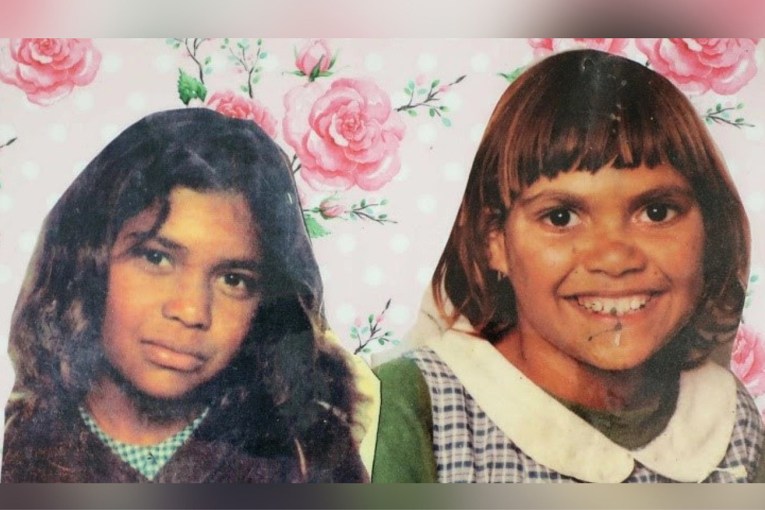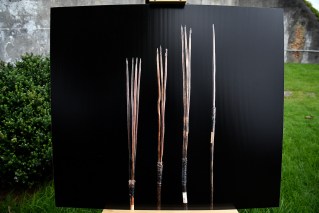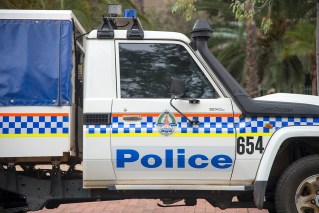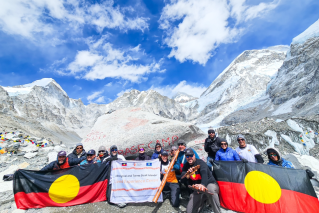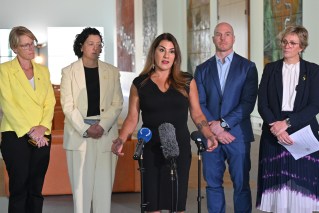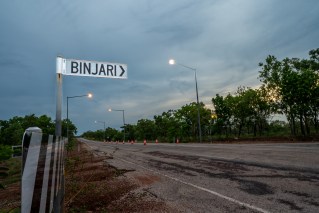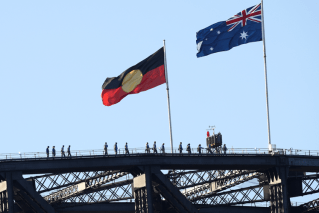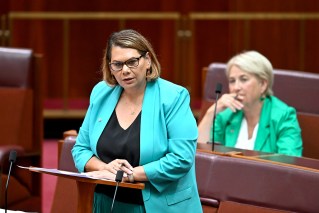Hundreds of Aboriginal deaths in police custody. Zero convictions

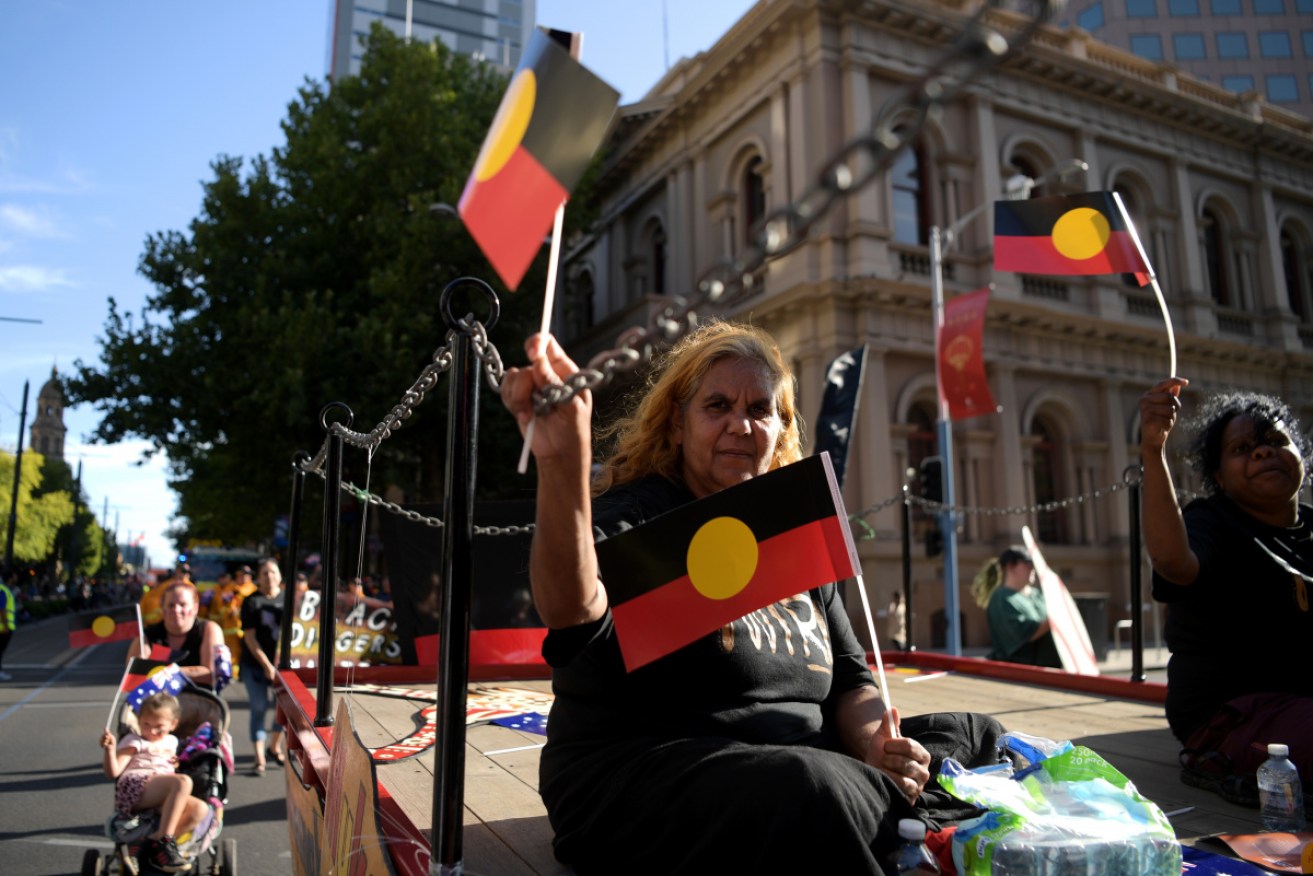
The treatment of Aboriginal Australians in police custody has come under the spotlight as Americans protest. Photo: Getty
The number of Indigenous Australian deaths in police custody is under the microscope as advocates question why their stories haven’t ignited the same fury as the alleged murder of George Floyd.

George Floyd, 46, worked as a security guard at a Minneapolis bistro and coached basketball and football in his spare time. Photo: AP
What about Australia?
Since the Royal Commission into Aboriginal Deaths in Custody in 1991, at least 432 Aboriginal people have died in police custody, according to data from The Guardian.
There has not been a single conviction.
Research reveals the likelihood of jail time is much higher for Aboriginal or Torres Strait Islander people than the rest of the population.
From 2008 to 2018..
Indigenous imprisonment rate almost DOUBLED pic.twitter.com/hkRPD8cFbF
— Raf Epstein (@Raf_Epstein) June 1, 2020
Despite Indigenous adults making up only around two per cent of our national population, they constitute nearly 30 per cent of all prisoners.
And many have pointed out similarities between the treatment of Indigenous people in Australia and that of African-Americans in the US.
In a heartfelt blog post, the nephew of Aboriginal man David Dungay Jr – who died while pinned down by five police officers in December 2015 – said he couldn’t bear to watch the viral video of Mr Floyd.
“It took me straight back to when I first saw the video of my uncle’s death,” Paul Francis wrote.
“Both men had multiple officers restraining them, pushing them into the ground and ignoring their cries for help, until they took their last breath.
“I really feel for the family of George Floyd and want them to know we feel their pain and stand with them.”
Indigenous rapper Adam Briggs, known as Briggs, said he empathised with the protesters because “like America, Australia was founded on white supremacy”.
Much love and respect to my friends, peers and colleagues stateside.
To my Mob at home; I choose to believe there’s a way out of this. pic.twitter.com/QhE3dWUzeO
— Senator Briggs (Biblically Accurate) (@Briggs) June 1, 2020
‘We don’t even talk about it’
Amnesty International’s Aboriginal adviser Rodney Dillon, a Palawa man from Tasmania, said we needed to get better at talking about institutional racism in Australia.
He said the public response to Aboriginal deaths in the Australian prison system “almost goes unheard” compared to the reaction of African-American deaths in the US.
“This is what happens to our own people. This is exactly what happens,” Mr Dillon told The New Daily.
“Yet we don’t even talk about it.
“We need to start talking about the truth of history, and what we’re doing wrong and how we’re going to change it.”
He urged the federal government to launch “proper independent inquiries” into the deaths of Indigenous people in police custody.
“Why hasn’t the coroner come out and made a recommendation that someone be arrested for murder for killing an Aboriginal person?” Mr Dillon said.
“There’s been more than 400 deaths. Wasn’t one of them someone’s fault?”
He said Indigenous children as young as 10 were being locked up in Australian jails, with some forced to endure months of solitary confinement.
“When you lock kids up, some who might already have mental health issues, and you put them in solitary confinement, it can have untold damage on those people,” Mr Dillon said.
“It’s almost like we’re farming Aborigines into the jail system.”
